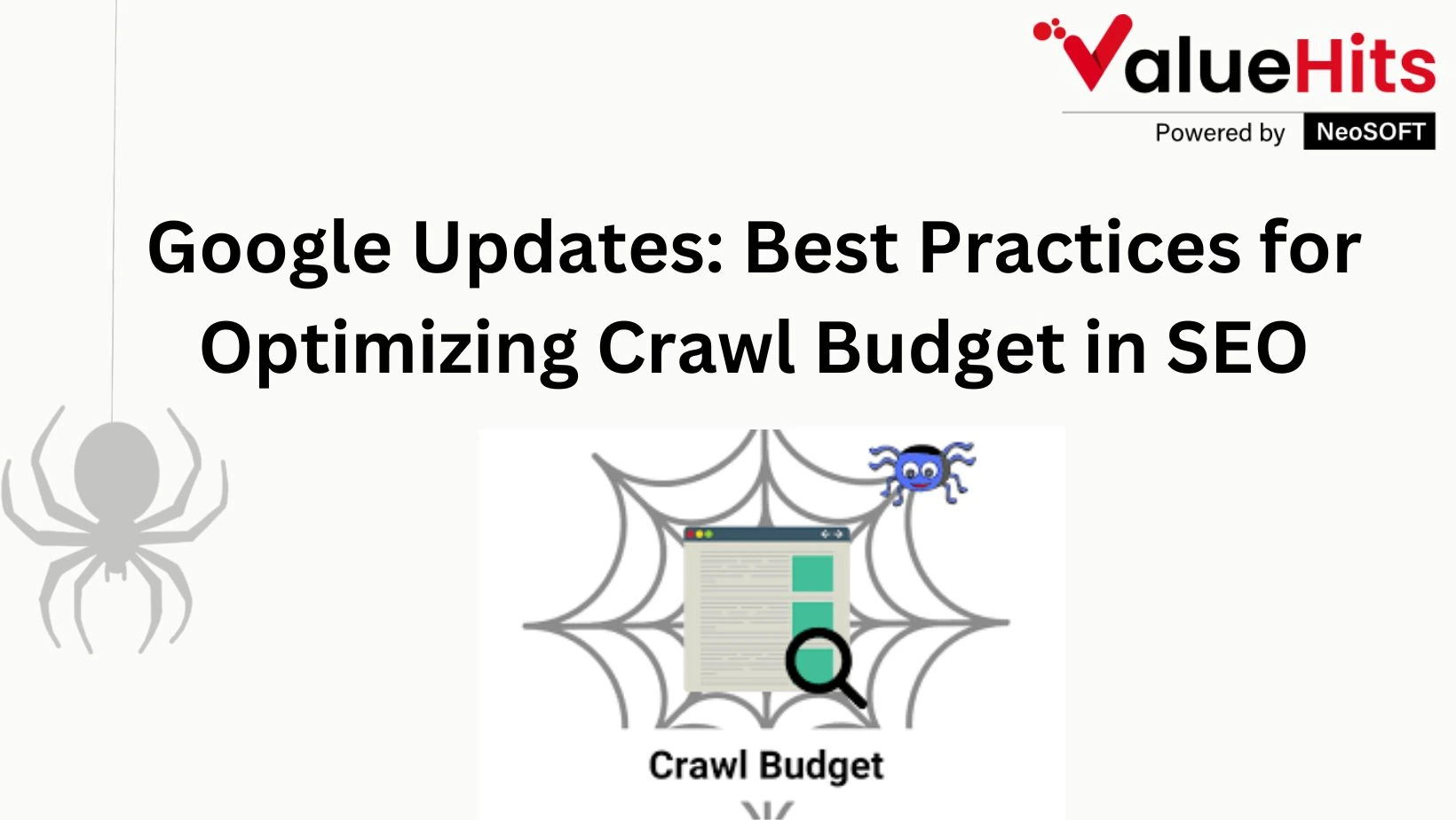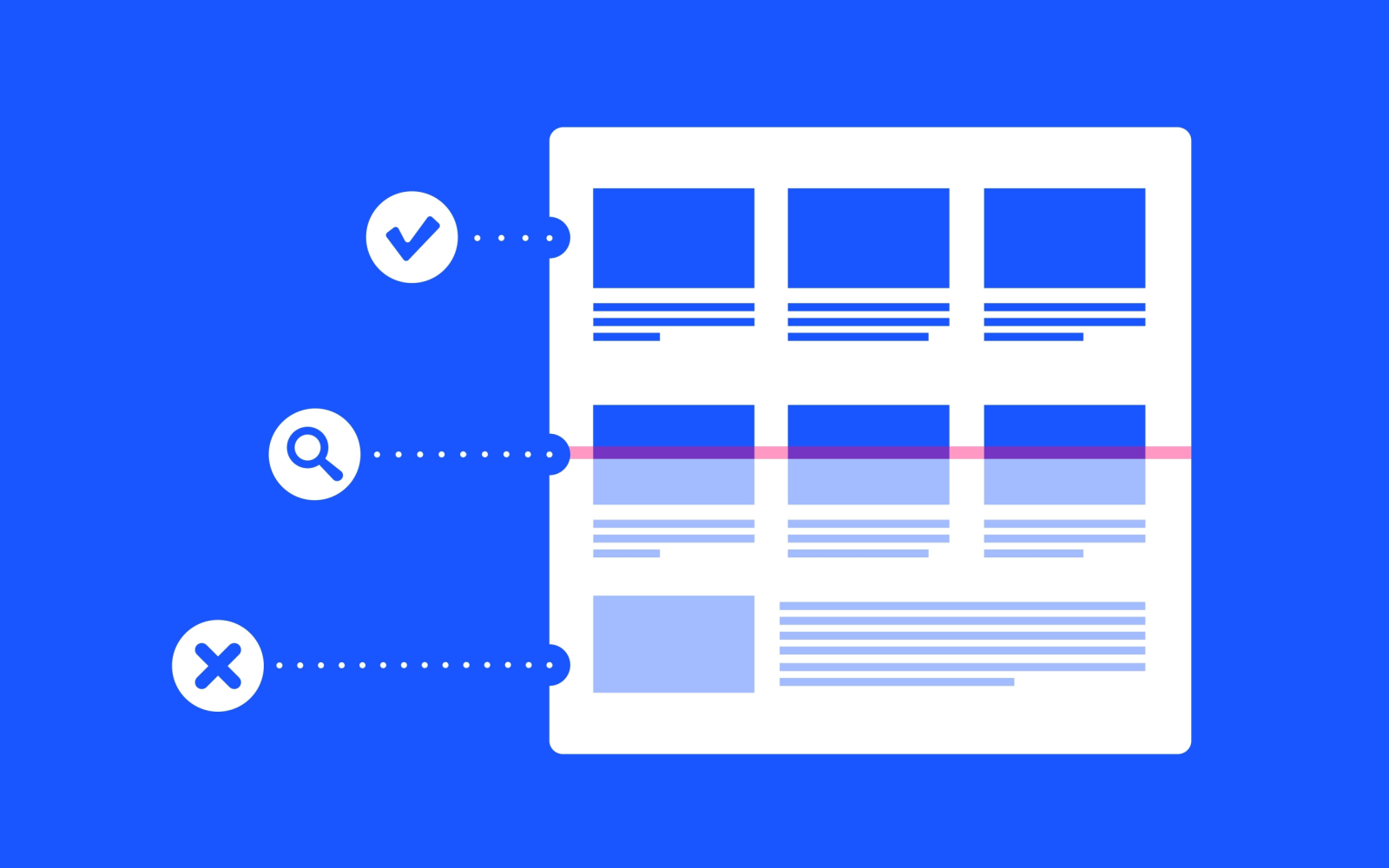Do you own a website? If yes, you must know about crawl budget. It is important for your site. Search engines use this to explore your site. They find new content and updates. Let's learn how to optimize it.
What is Crawl Budget?
Crawl budget is the number of pages search engines crawl. This happens in a given time. Search engines have limited resources. They cannot crawl every page every day. So, they choose certain pages to visit.

Credit: www.valuehits.com
Why is Crawl Budget Important?
If search engines do not crawl your pages, they do not index them. This means your pages do not appear in search results. A good crawl budget helps search engines find and index your pages. This is good for your site's visibility.
Best Practices for Crawl Budget Optimization
Here are some best practices. Follow them to improve your crawl budget.
1. Keep Your Sitemap Updated
A sitemap is a list of pages on your site. It helps search engines find your pages. Make sure your sitemap is up to date. Include all important pages.
- Include new pages in your sitemap.
- Remove old, deleted pages from the sitemap.
2. Use Robots.txt Wisely
The robots.txt file tells search engines which pages to crawl. Use it to guide them. Do not block important pages.
- Allow search engines to crawl important pages.
- Block unnecessary pages like admin pages.
3. Fix Broken Links
Broken links are links that do not work. They lead to error pages. These waste the crawl budget. Fix them to improve crawl efficiency.
- Regularly check for broken links.
- Update or remove broken links.
4. Optimize Page Load Speed
Pages that load fast improve crawl budget. Search engines can crawl more pages quickly. Optimize your page speed for better results.
- Compress images to load faster.
- Use a fast hosting service.
5. Avoid Duplicate Content
Duplicate content confuses search engines. It wastes crawl resources. Ensure each page has unique content.
- Check for duplicate content on your site.
- Use canonical tags to handle similar content.
6. Prioritize Important Pages
Tell search engines which pages are important. Use internal linking to highlight these pages. This helps search engines focus on key pages.
- Link important pages from your homepage.
- Use clear anchor texts for links.
7. Minimize Url Parameters
URL parameters can create many variations of the same page. This confuses search engines. Minimize parameters to make crawling easier.
- Use static URLs instead of dynamic URLs.
- Manage URL parameters in Google Search Console.
8. Regularly Update Content
Regular updates attract search engines. They prefer fresh content. Keep your site updated to maintain interest.
- Add new blog posts regularly.
- Update old content with new information.
9. Use Https
HTTPS is secure. Search engines prefer secure sites. Use HTTPS to improve crawl budget and ranking.
- Install an SSL certificate on your site.
- Redirect HTTP pages to HTTPS.
10. Monitor Crawl Errors
Keep an eye on crawl errors. These are issues that stop search engines from crawling. Fix them to keep your site crawl friendly.
- Check Google Search Console for crawl errors.
- Fix any errors you find promptly.

Credit: www.searchenginejournal.com
Frequently Asked Questions
What Is Crawl Budget In Seo?
Crawl budget is the number of pages search engines crawl on your site. It affects indexing.
Why Is Crawl Budget Optimization Important?
Optimizing crawl budget ensures search engines efficiently index your important pages. Improves SEO performance.
How Can I Improve My Site's Crawl Efficiency?
Improve crawl efficiency by fixing broken links, updating sitemaps, and reducing duplicate content.
Does Website Speed Affect Crawl Budget?
Yes, faster websites allow more pages to be crawled. Slow sites may limit crawl budget.
Conclusion
Crawl budget optimization is key for a healthy website. It helps search engines find your content. Follow these best practices to improve your site's visibility. Keep your site updated and crawl-friendly. This will help you reach more people. Remember, a well-optimized site is a successful site.